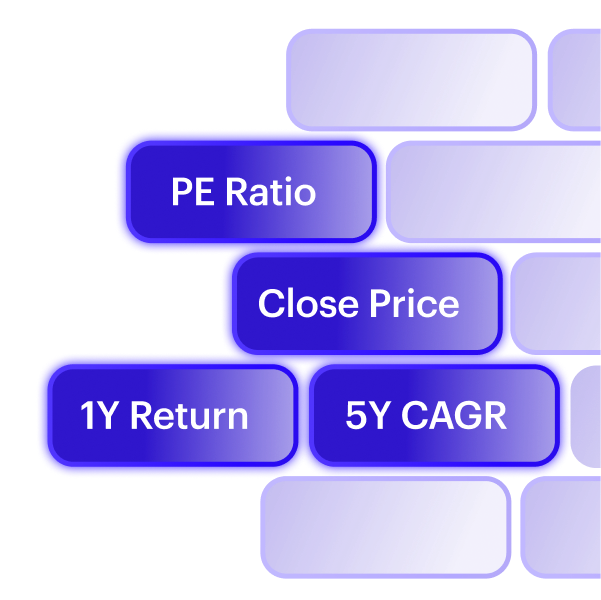Last Updated on May 24, 2022 by Anjali Chourasiya
Income tax returns reflect an accurate picture of incomes earned by the assessee in a given year. It is an essential financial exercise that helps the government with tax audits. The IT department has provided a long list of exemptions, allowances, and deductions taking the help of which the salaried class could secure big savings in terms of reduced tax liability.
Salaried assessees constitute the majority of taxpayers in India, and all salaried individuals should mandatorily file their return of income. Let’s explore the major deductions, allowances, and exemptions available to salaried individuals in detail.
Table of Contents
Five most important allowances
1. HRA (House Rent Allowance)
Under Section 10-13A, salaried individuals living in rented apartments are eligible for receiving house rent allowance from their employer that is partially or wholly tax-exempt.
The least of the below three-pointers can be claimed as exemption under HRA:
- Total HRA received by the assessee
- Rent paid as reduced by 10% of (Basic salary +DA)
- 40% of salary (Basic salary+DA) for non-metro cities and 50% (Basic salary+DA) for metro cities
2. Standard deduction
A flat deduction of Rs. 50,000 is allowed under Section 16(ia) for salaried individuals with effect from FY 2018-2019. Earlier, the quantum of standard deduction was Rs. 40,000, but in the interim budget of 2019, it was increased to Rs. 50,000. The standard deduction is introduced in place of conveyance allowance and medical allowance.
3. Travel allowance
Under Section 10(14), salaried individuals are granted allowance to meet the expenditure incurred for commuting between workplace and residence. The allowance exemption limit is Rs. 1,600 per month amounting to Rs. 19,200 per year.
4. Children education allowance
Under Section 10(14), your employer may offer you an education allowance for your children. The department allows assessees to claim as deduction Rs. 100 per mth as exemption or Rs. 1,200 per annum for a maximum of 2 children.
5. Research allowance
Under Section 10(14), employees are encouraged to pursue research by granting research allowance in the pursuit of academic research, professional skill upgrades and training. It is exempted to the extent of the actual expense incurred on research.
Five most important deductions
1. Section 80C
This section covers a gamut of investment and expenditures that can provide you tax benefits of up to Rs. 1.5 lakh. This section works towards promoting savings among salaried individuals. Section 80 cannot be used to claim the deduction if you have income from capital gains.
Following are some of the eligible deductions under section 80C:
- Payment towards Annuity/ Pension Schemes
- Payment of principal part on home loans
- Tuition fees for children
- Contribution to PPF Account
- Sukanya Samriddhi Account
- NSC (National Saving Certificate)
- Investments towards fixed deposits
- Investments towards equity-linked saving schemes (ELSS mutual funds)
- Post office time deposits
- National Pension Scheme
- Payment of life insurance premium
2. Section 80D: Deduction for medical insurance
This section entitles individuals to claim a deduction of the amount paid towards the medical insurance premiums for self, spouse and kids, and dependent parents. The maximum deduction that can be claimed under section 80D is Rs. 25,000 for self, spouse, children and parents (below 60 yrs). This limit is relaxed to Rs. 50,000 for senior citizens (also if one of the parents is a senior citizen). Assesses can also claim expenditure of up to Rs. 5,000 for routine medical checkups within the stipulated exemption limit.
3. Section 24: Deduction of interest paid on home loan
Section 24 allows homeowners to claim as a deduction an amount up to Rs. 2 lakh against the interest paid for self-occupied house property. As discussed above, you could claim a deduction of the principal paid against your home loan as a deduction under section 80C. But, if the property is let out, you can claim the entire interest portion as a deduction under Section 24.
4. Section 80E: Deduction of interest on the loan for higher studies
The government provides a deduction on the interest part of loans taken for pursuing higher education. The section says that only those education loans from banks and financial institutions, taken for the assessee himself, spouse, or children, are eligible for deduction. The deduction could be claimed from the year the repayment is initiated and can be availed for the next seven consecutive years.
5. Section 80TTA: Deduction on Savings Account Interest
Section 80TTA allows a flat deduction of up to Rs. 10,000 on interest earned from saving bank accounts. This exemption is available only to individual and HUF assessees. If your interest income is less than Rs. 10,000, your entire income will be exempt under section 80TTA, while in case your income exceeds Rs. 10,000, you can claim a deduction of the same amount.
Conclusion
Salaried individuals have plenty of exemptions and deductions that they can use to reduce their tax liability. But, you can only utilize these deductions, allowances, and exemptions to your advantage when you know about them. Consult your financial advisor before claiming these deductions.
- Top Fund of Funds (FOF) in India – Full Form, Types & More - Mar 28, 2025
- Bond Funds – Meaning, Types, Risks, and Benefits - Mar 27, 2025
- Money Market Mutual Funds: Meaning, Benefits, Liquidity and Taxation - Mar 13, 2025




